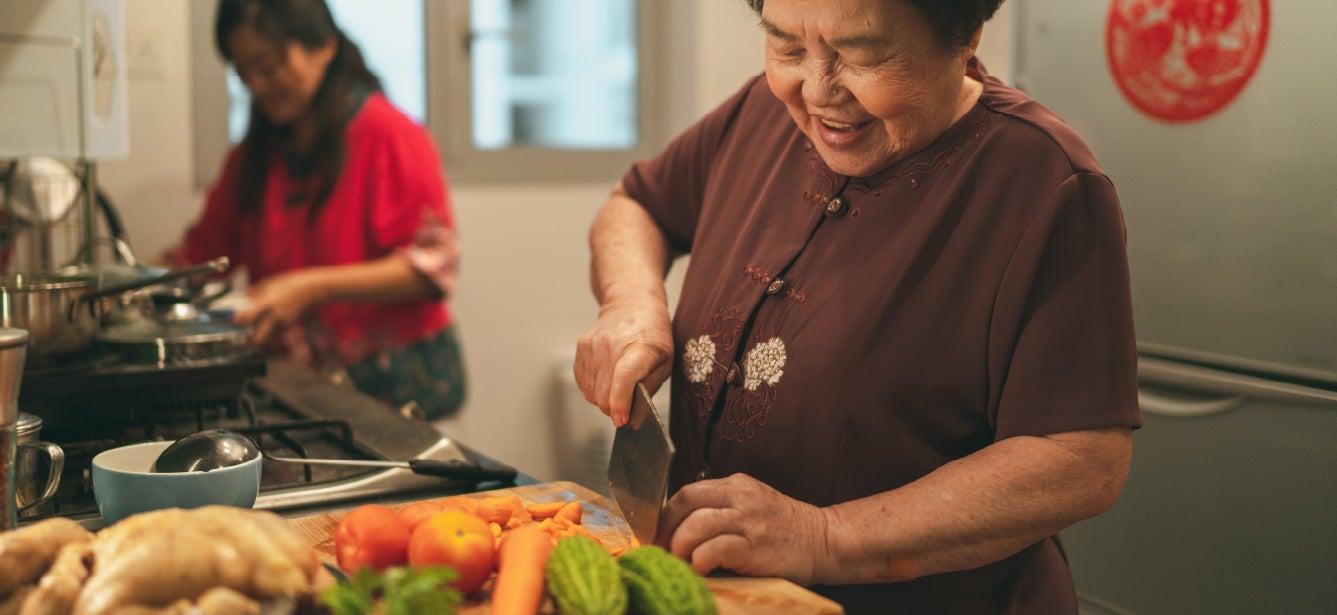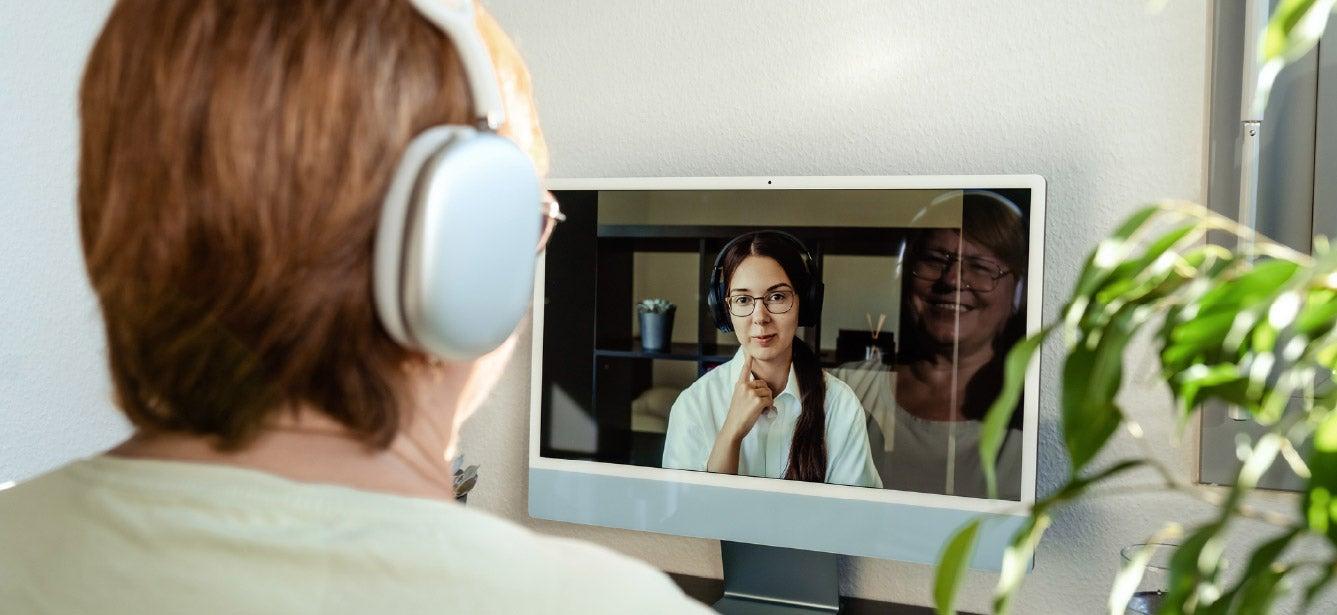Your Mental Health This Holiday and Beyond: 4 Steps to Combat Loneliness in Seniors
4 min read

Related Topics
It’s December, and the holiday season is in full swing. It’s the time of year for good food, and good friends and family—at least for most of us. But for many others the holiday season can remind them of just how lonely they are.
The U.S. Census estimates that as many as 27% of adults age 65+ live alone,1 but a person doesn’t have to live alone to feel lonely. Loneliness can affect anyone who doesn’t feel meaningful connections with other people.
Loneliness is more than an emotional issue; it has real implications for physical and mental health. Recent research has shown that feeling lonely or being isolated affects mortality in a similar way to that of a smoking habit of 15 cigarettes per day, and has more of an impact on mortality than other risk factors, like obesity and sedentary lifestyle. A lack of social connection is also associated with an increased risk of disease, anxiety, depression, and dementia.
A report by Cigna in 2021 indicated people with mental health conditions are more than twice as likely to be lonely than people who have strong mental health.3 Similarly, loneliness increases the risk of developing depression and anxiety.
The good news is, loneliness doesn’t have to be an ongoing problem. Here are four tips to help combat loneliness and protect the mental health of an older loved one this holiday and beyond.
1. Make communication a priority
Some older adults go days without speaking to anyone at all, especially those who are in poor health or who have limited mobility or transportation options. Nothing beats an in-person visit, but if you can’t see each other around the holidays, there are more ways to virtually connect than ever — whether it’s talking on the phone or video chatting via Facetime or Zoom, these connections can make a world of difference. Make a point to reach out on or before the actual holiday so the older adult in your life doesn’t feel as though they have been forgotten during this special time of year. Encourage other friends or family members to do the same.
Keep the communication going in the new year by setting 15-30 minutes aside once a week to talk. Don’t feel restricted to small talk. Ask for advice, or how it felt to live through certain experiences. Older adults have a wealth of knowledge and experience to share.
2. Encourage and facilitate social activities through local organizations
Places of faith, like churches, temples and mosques, are great places for individuals of all ages to meet like-minded people and find opportunities for group activities. If your older loved one isn’t religious, consider activities available through a local senior center or public library. Offer to join them on their first trip to any new places to reduce anxiety and apprehension.
Community service is another great way to socialize and meet new people. Not only are you helping your community, but many people find their own mood actually improves after being of service to someone else. Whether it’s making blankets for a shelter or hospital, or sorting donations at a warehouse, there are countless volunteer opportunities depending on your interests. Consider finding something you and your older loved one can do together.
3. Explore hobbies and other areas of interest
Figure out what the older adult in your life likes to do to relax or as a hobby (this is also a great way to get gift ideas). If they don’t currently have any hobbies, ask if there is one they used to have that they would like to get back into or something new they would like to try. Odds are that other people share that interest and there are opportunities for socializing around it. Even seemingly solitary hobbies can become social. Avid readers can join book clubs; people who like to quilt or knit can join sewing or knitting circles. For those who live in rural areas or have limited transportation options, many clubs and groups offer virtual options now, too.
If an older adult wants to try a new hobby, adult education classes are great places to meet other people while learning skills. Alternatively, if an older adult is exceptionally skilled at a craft, they may be able to teach it to others.
4. Identify opportunities to combat loneliness at any time
For those times between visits, calls, organizational activities and hobbies when loneliness can strike, determine some options that your older loved one can take advantage of at any time of day. Mental Health America (MHA) has a support community that is full of people who are online day and night looking to communicate and support one another, and is a great option for the internet savvy older adult. Older adults who prefer talking on the phone can call The Friendship Line at 1-800-971-0016. The Friendship Line is available 24/7 for adults age 60+ to offer a caring ear and friendly conversation, in addition to offering outreach services.
When these steps don't do the trick
If you have taken steps to address loneliness, but still find that the older adult in your life is withdrawn and in low spirits, they may be showing signs of depression. MHA has a free, anonymous and confidential depression screener online at MHAScreening.org. Screening is the first step to determining if professional help may be needed to address a mental health condition.
Sources
1. U.S. Census Bureau. Current Population Survey, Annual Social and Economic Supplement. Found on the internet at https://www.census.gov/data/datasets/time-series/demo/cps/cps-asec.html
2. Office of the Surgeon General. Our Epidemic of Loneliness and Isolation: The U.S. Surgeon General’s Advisory on the Healing Effects of Social Connection and Community. 2023. Found on the internet at https://www.hhs.gov/sites/default/files/surgeon-general-social-connection-advisory.pdf
Cigna Corporation. The Loneliness Epidemic Persists: A Post Pandemic Look at the State of Loneliness among U.S. Adults. 2021. Found on the internet at https://newsroom.thecignagroup.com/loneliness-epidemic-persists-post-pandemic-look



